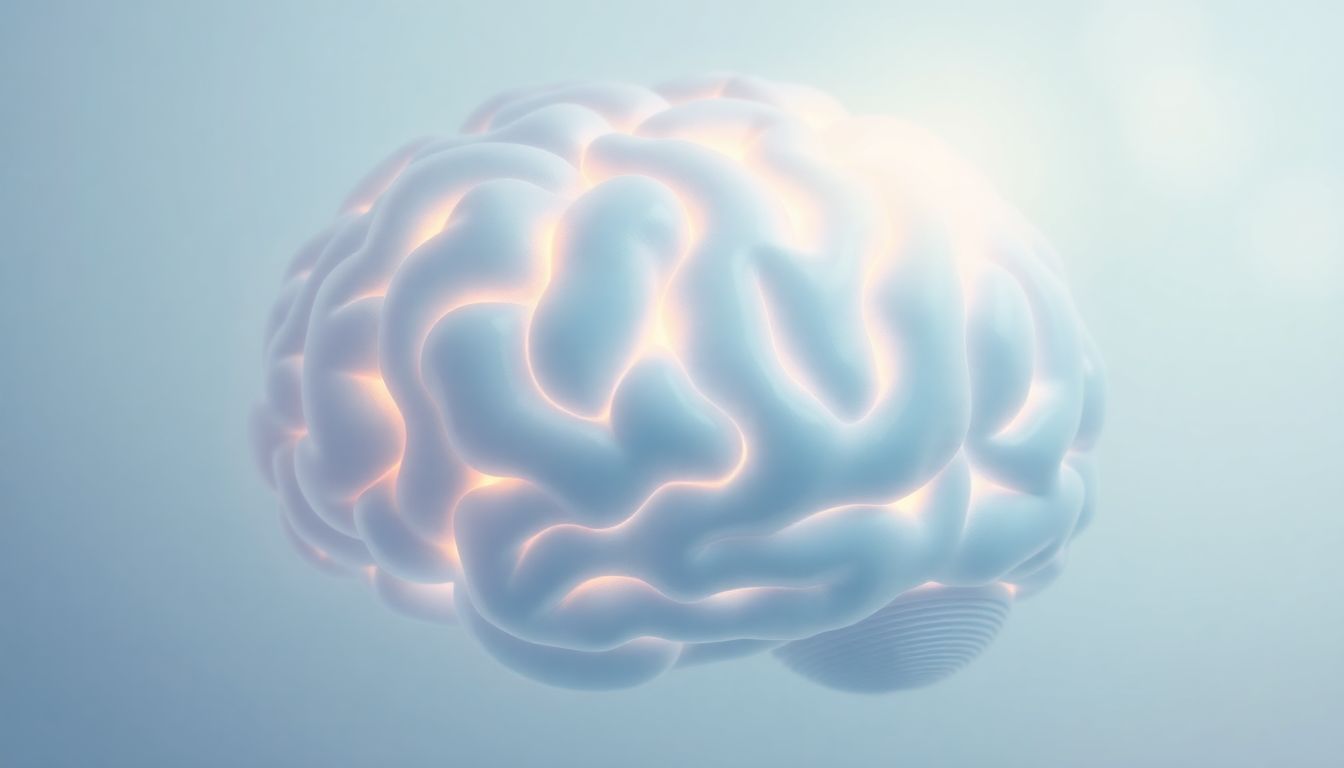
Healthy Brain, Happy Life: The Neuroscience of Mindfulness
Do you ever feel like your mind is racing? Like you're juggling a million things at once? Stress and worry can take a toll. But there's a simple way to find calm. It can also boost your brainpower. Mindfulness is the answer. It's a tool that can change your life.
Mindfulness isn't just a trend. Science proves its benefits. It can improve your brain health. And it can lead to a happier life.
This article explores the neuroscience behind mindfulness. Discover how it can reshape your brain. You'll improve your mental health. It will make for a happier life.
Understanding the Brain-Mind Connection
Your brain and mind are linked. They work together closely. The brain is the physical organ. The mind is what it does. It includes your thoughts and feelings. Mindfulness affects this connection. It changes how your brain works. This, in turn, shapes your mind.
The Brain's Architecture: A Quick Tour
Let's explore your brain. There are three key parts that matter for mindfulness.
First, there's the amygdala. It's like your brain's alarm system. It handles emotions, especially fear.
Next is the prefrontal cortex. Think of it as the control center. It helps with decisions and focus.
Finally, we have the hippocampus. It's vital for memory and learning. Mindfulness impacts all these areas.
Neuroplasticity: The Brain's Ability to Change
Your brain is like plastic. It can change and adapt. This is neuroplasticity. It's how your brain learns new things. It also recovers from injuries.
Mindfulness uses neuroplasticity. It reshapes your brain through practice. For example, learning to play an instrument changes the brain. Mindfulness does the same. It builds new pathways for calmness and focus.
Mindfulness and the Amygdala: Taming the Stress Response
Mindfulness can calm your stress. It works by affecting the amygdala. This is your brain's fear center.
The Amygdala's Role in Stress and Anxiety
The amygdala is always on alert. It looks for threats. When it senses danger, it triggers stress. Your heart races, and you feel anxious. This is helpful in emergencies. But constant stress is bad for your health.
Mindfulness as an Amygdala Calmer
Mindfulness can quiet the amygdala. Regular practice reduces its activity. This means less stress and anxiety. Studies show that mindful people have smaller amygdalas. Their brains react less to stress.
Actionable Tip: Mindful Breathing for Immediate Relief
Try this simple exercise. Sit quietly. Focus on your breath. Breathe in deeply. Breathe out slowly. Notice the feeling of the air. Do this for five minutes. It can calm your amygdala instantly.
Strengthening the Prefrontal Cortex: Enhancing Focus and Decision-Making
Mindfulness improves your focus. It strengthens the prefrontal cortex. This is your brain's control center.
The Prefrontal Cortex: Your Brain's Control Center
The prefrontal cortex is key. It helps you pay attention. It makes smart choices. It also controls impulses. It's essential for success.
Mindfulness and Improved Executive Function
Mindfulness strengthens this area. Regular practice boosts your focus. You'll find it easier to concentrate. Your decision-making skills improve. You'll be more organized and efficient.
Real-World Example: Mindfulness in the Workplace
More companies use mindfulness. They use it to improve employee focus. It also reduces stress. Studies have shown increased productivity. Happy workers are more productive workers.
Boosting Hippocampal Health: Enhancing Memory and Emotional Regulation
Mindfulness helps your memory. It boosts the hippocampus. This is your brain's memory center.
The Hippocampus: Memory and Emotional Hub
The hippocampus does two important things. It forms new memories. It regulates emotions. A healthy hippocampus is key to a good life.
Mindfulness and Hippocampal Growth
Studies show mindfulness grows the hippocampus. People who meditate have more gray matter there. This leads to better memory. It also leads to better emotional control. One study showed participants increased their hippocampal gray matter after only eight weeks of mindfulness training.
Actionable Tip: Mindful Walking for Memory
Try mindful walking. Focus on each step. Feel your feet on the ground. Notice your surroundings. Pay attention to your breath. This exercise boosts memory and calms emotions.
Mindfulness Beyond the Brain: Holistic Well-being
Mindfulness helps more than just your brain. It benefits your whole body.
The Gut-Brain Connection and Mindfulness
Your gut and brain talk to each other. This is called the gut-brain axis. Mindfulness can improve gut health. A healthy gut leads to a healthy brain. Stress hurts your gut. Mindfulness reduces stress.
Mindfulness and the Immune System
Mindfulness boosts your immune system. It reduces inflammation. This helps your body fight illness. Regular practice improves overall health.
Conclusion
Mindfulness offers amazing benefits. It improves brain health. It also boosts overall well-being. It can help tame the stress response. It can sharpen focus and enhance memory.
Remember, your brain can change. Neuroplasticity makes it possible. Embrace mindfulness for a healthier, happier life. Start small, practice often, and enjoy the results.
Make mindfulness part of your life. You'll be amazed at the difference it makes.
Key Takeaways:
- Mindfulness calms the amygdala, reducing stress.
- It strengthens the prefrontal cortex, improving focus.
- Mindfulness boosts the hippocampus, enhancing memory.
- Mindfulness promotes overall well-being.
- Your brain can change with practice.
🌿 Ready to embrace inner peace? Grab your FREE copy of Mindful Living: A Beginner’s Guide to Meditation and Inner Peace and start your mindfulness journey today! Download now!

Comments